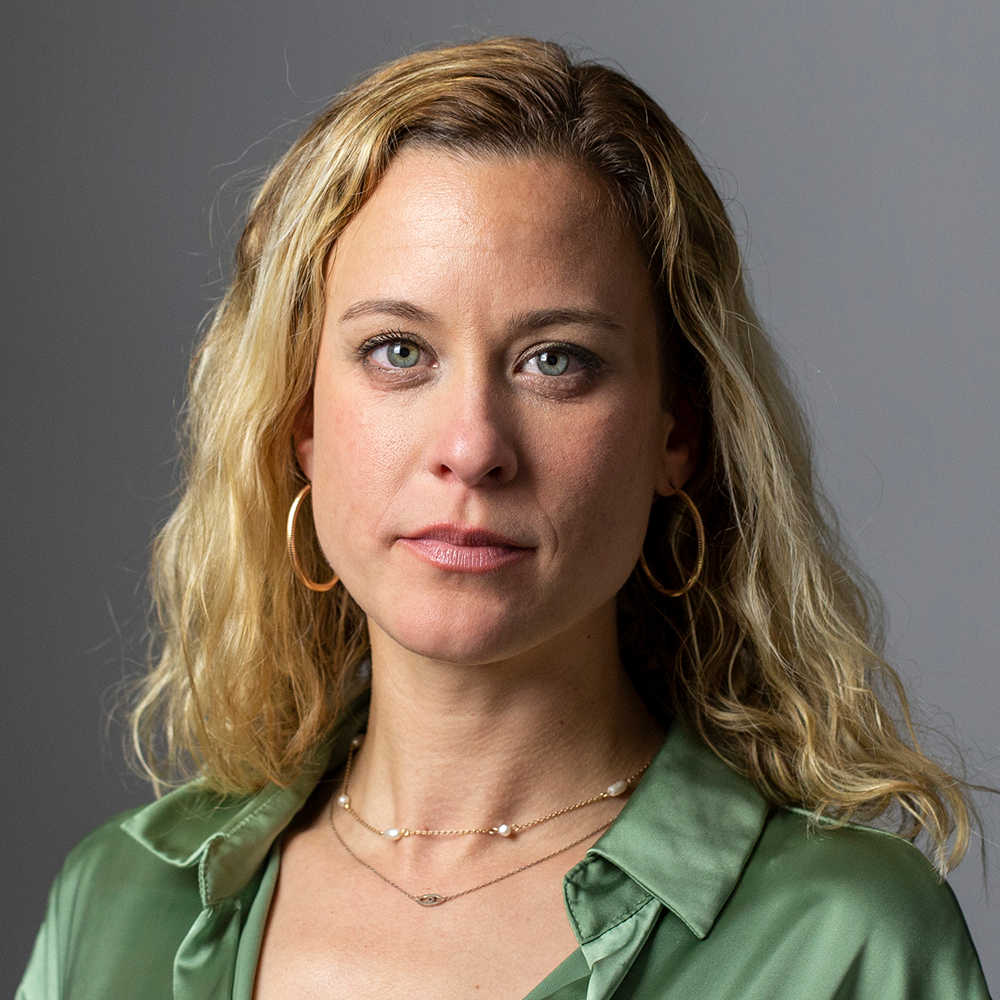
Switzerland Today
Hello Swiss Abroad,
This week, Switzerland is abuzz with scandal: the Office of the Attorney General of Switzerland is investigating potential fraud in the collection of signatures for several popular initiatives, as revealed by the Tages-Anzeiger newspaper.
The issue was brought to light by the co-chair of the "Citizen Service" initiative committee. After commissioning a company to collect signatures, she discovered that a significant number were invalid, revealing a suspiciously repetitive pattern.
The outcome of this investigation could potentially call into question the validity of certain initiatives submitted with just enough signatures.
Enjoy your reading.

Foie gras debate stirs controversy in French-speaking Switzerland
Following the discovery of fraudulent manipulation in the collection of signatures, as reported by Tages-AnzeigerExternal link, questions are being raised about the legitimacy of several initiatives.
Foie gras is a delicacy in French-speaking Switzerland. However, an initiative from German-speaking Switzerland aims to end imports of this product. It is surprising, therefore, that the initiative gained significant support from French-speaking Swiss citizens, who provided 52% of the validated signatures, the newspaper says.
Efforts to ban the commercial collection of signatures have repeatedly failed in parliament. Marc Wilmes, an expert in the field, notes that fraud in signature collection has become increasingly sophisticated in recent months and years. Small initiative committees, which lack extensive networks, are often heavily dependent on private companies to gather the necessary support.
The Swiss federal government does not intend to challenge initiatives that may be affected by signature forgery. Many of them have garnered enough legitimate signatures to remain valid. However, this is not the case for the foie gras initiative or the two initiatives by the Centre for Fairness.
(Tages-AnzeigerExternal link explains in German, subscription required)

Wolf hunting: permits delayed as season opens
The wolf hunting season is theoretically open, but cantons are still waiting for the necessary permits.
In canton Graubünden, the game hunting season has been underway since Monday. Wolf hunting should also be permitted, as the canton, along with those of St Gallen, Ticino, Valais, Vaud, and Uri, has applied to the federal authorities for the go-ahead to regulate the predator’s population.
However, the Federal Office for the Environment (FOEN) has been slow to issue the required permits. Carmelia Maissen, a centrist member of Graubünden’s cantonal government responsible for this issue. says it is “very disappointing and frustrating that the authorisation is not yet available”. A response from Bern is expected in the coming days.
This year, the regulation period begins three months earlier than last year. However, the delay in authorisation is unlikely to cause significant discontent among hunters, who are generally more interested in deers and rabbits than wolves. “But if by chance a wolf meeting all the conditions came along, I’d shoot it,” says Martin Valär, a hunter from Ilanz in canton Graubünden.
(SRFExternal link article in German)

Switzerland falls short on electric mobility targets
Switzerland is not on track to meet its targets for electric mobility. This prompted a meeting between the federal government and industry leaders on Tuesday to discuss the next roadmap.
Switzerland had hoped to make significant strides towards electric mobility, but progress has clearly stalled.
The previous roadmap aimed to increase the proportion of newly registered electric vehicles to 50% by 2025. However, with only a few months left, the share is barely above 27%.
David Raedler, co-chairman of Association Transports et Environnement (ATE), believes that the private sector alone cannot achieve these targets. He argues that the political sphere should “provide the necessary resources to move forward” rather than relying “too heavily on private initiatives,” says the parliamentarian and Green Party member.
Another unfulfilled objective is the expansion of public charging stations. The plan was for Switzerland to have 20,000 by 2025, but 6,000 are still missing. Thomas Rücker, director of Auto-Suisse, the importers’ umbrella organisation, points out that electric companies also have a role to play. “If you charge your car at a public station, it costs two or three times as much as charging it at home. That’s too expensive,” he says.
(RTSExternal link details in French)

Swiss-Italian vs. ‘Italian-Italian’: a linguistic analysis
Is Swiss-Italian less valuable than “Italian-Italian”? Not at all, according to a linguistic analysis by the University of Basel.
Grammatically, Swiss-Italian and Italian-Italian are indistinguishable. However, there are considerable differences in vocabulary, often due to “borrowings” from German or French, reflecting Switzerland’s multilingual nature. These peculiarities sometimes lead Ticino residents to believe that Swiss Italian is less prestigious than Italian from Italy.
However, the researchers who studied a vast body of official texts say “Swiss-Italian is the language of an autonomous state, different from Italy, and has the right to preserve its particularities without being seen as inferior.” The study goes further, noting that Swiss texts are clearer than their Italian counterparts, which are “often unclear and bureaucratic”.
While Italian holds equal status with German and French in official documents, spoken Italian is not as prevalent. At the federal parliament in Bern, Italian-speaking politicians often choose to speak in German or French, fearing they will not be understood by their colleagues.
(RSIExternal link report in Italian)

Switzerland in focus
Enthusiasts of horses, cattle, and agricultural machinery gathered at the Chaindon Fair in Reconvilier, in the Bernese Jura, for two days of festivities.
A true living tradition, the event has existed for over four centuries and is one of the largest agricultural fairs in Switzerland. Every year, around 50,000 visitors attend the livestock market, the agricultural machinery exhibition, and the numerous stalls and fairground attractions.
More
Translated from French by Alexandra Andrist/sb

In compliance with the JTI standards
More: SWI swissinfo.ch certified by the Journalism Trust Initiative









